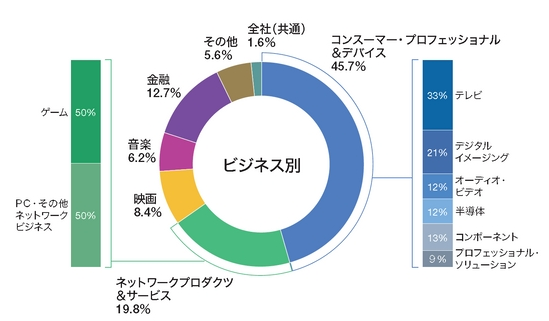若いときに不景気であることがその後にどんな影響を及ぼすのだろうか。いくつかの研究結果が紹介されている:
Will Recession Forever Scar Young Investors? at SmartMoney.com
一つ目UCLAのPaola GiulianoとIMFのAntonio Spilimbergoによる研究で、
Using data from the General Social Survey and matching it up with data on regional recessions in the United States between 1972 and 2006, the authors found that “individuals growing up during recessions tend to believe that success in life depends more on luck than on effort, support more government redistribution, but are less confident in public institutions.”
1972年から2006年までの地域ごとの不景気と個人の経済に対する見方を比べている。それによれば、不景気の中で育った世代は、
- 成功は努力より運で決まる
- 再分配政策により積極的である
- しかし政府に対する信頼は低い
といった傾向があるそうだ。これは地域ごとに景気の波が存在するからこそできる研究だろう。
But what was truly striking was that this finding only held if the person was in his or her “formative years,” between 18 and 25, during the financial shock. Being exposed to a recession before the age of 17 or after the age of 25 had no effect in the data they studied.
しかしこのような傾向は18歳から25歳までの間の景気によってしか生じないと言う。
さらに同様の傾向がBerkeleyのUlrike MalmendierとStanfordのStefan Nagelの研究でも明らかにされているそうだ。こちらは、大恐慌を経験した世代と第二次世界対戦後の好景気を経験した世代との株式市場での投資行動を調べている。
people who have lived through periods of bad stock market returns report lower willingness to take financial risk. They also are less likely to participate in the stock market, and, if they do invest in the stock market, invest a lower fraction of their liquid assets in stocks. (Similarly, people who have experienced high inflation are less likely to hold bonds.)
不景気の中育った人々は将来的にもリスクをとらず、同様に高インフレで育った人は債権を保持したがらないそうだ(債権はインフレに連動しないため高インフレ下では望ましくない投資だ)。
The lesson: We’re slaves to what’s known as “availability bias.” We form our predictions about the world based on the data most readily available to us — on what’s happened to us personally, or what’s happened to our friends, or what we’ve read in the papers or seen on TV.
このような現象は可用性バイアス(availability bias)と呼ばれる。これは自分や親しい人間が経験した出来事が生じる確率を過大評価してしまう傾向である。
これはそれ自体でおもしろい発見ではあるが、同じ現象が日本でも観察できるだろうか。バブル崩解後、日本の不景気は極めて長いこと続いた。二つの点が特に興味深い。
一つは、不景気の状態がその後の行動に影響を与えるのか景気の悪化が与えるのかということだ。例えば私が学部にいた間、景気は常に悪かったが、悪化してというわけでもない。それでも経済に対する考え方、投資行動は変わるのだろうか。
二つめは、不景気が長期に渡ったことの影響だ。もし十年以上に渡って、投資行動に特定のバイアスを伴う(=サブオプティマルな投資を行う)人々が生まれたのであればこれは市場に大きな影響を与える。その影響は不景気の中で育った世代が四十台、五十台となりより多くの資産を保有するようになるにつれ拡大していくだろう。これは投資を行う側にはビジネスチャンスでもある。過度にリスク回避的な投資家が増えてればリスクのある投資を引き受けることは利益になるだろう。
P.S. この記事でも研究結果が紹介されているが実際の論文は示されていない。それらしい文献へのリンクをしておいた。これはジャーナリズムは普通のことなんだろうか。ちなみにavailability biasという言葉も言及されている(と思われる)論文には出てこない。記事を書いたひとの意見ということだろう。

